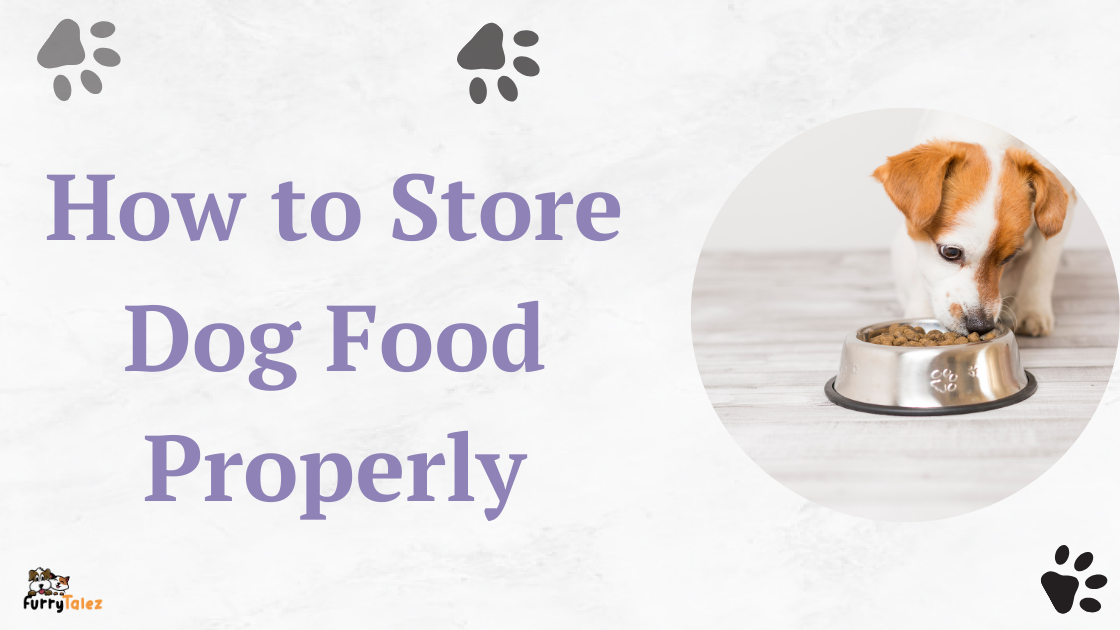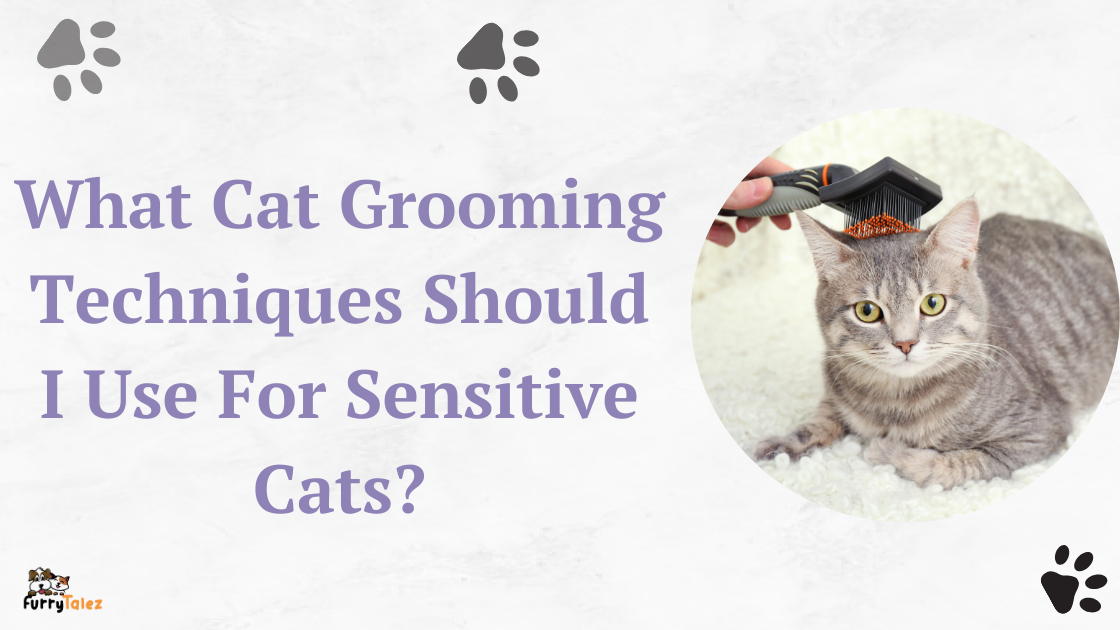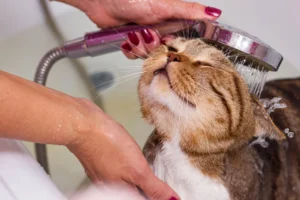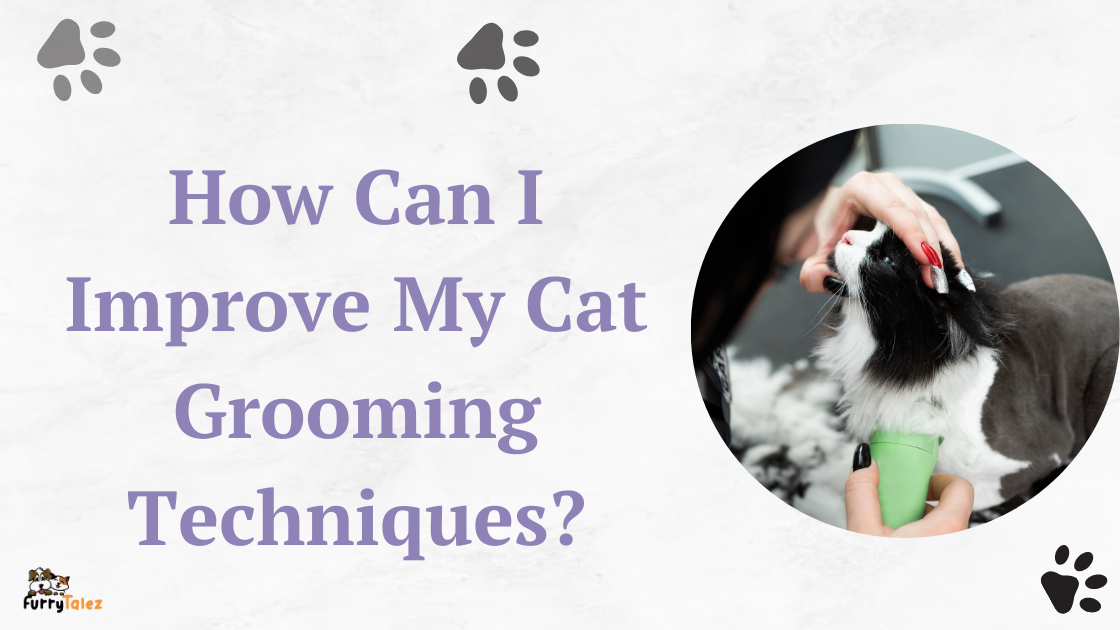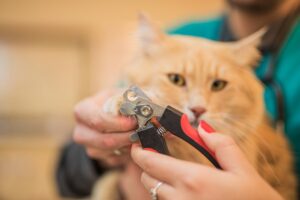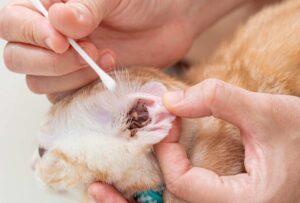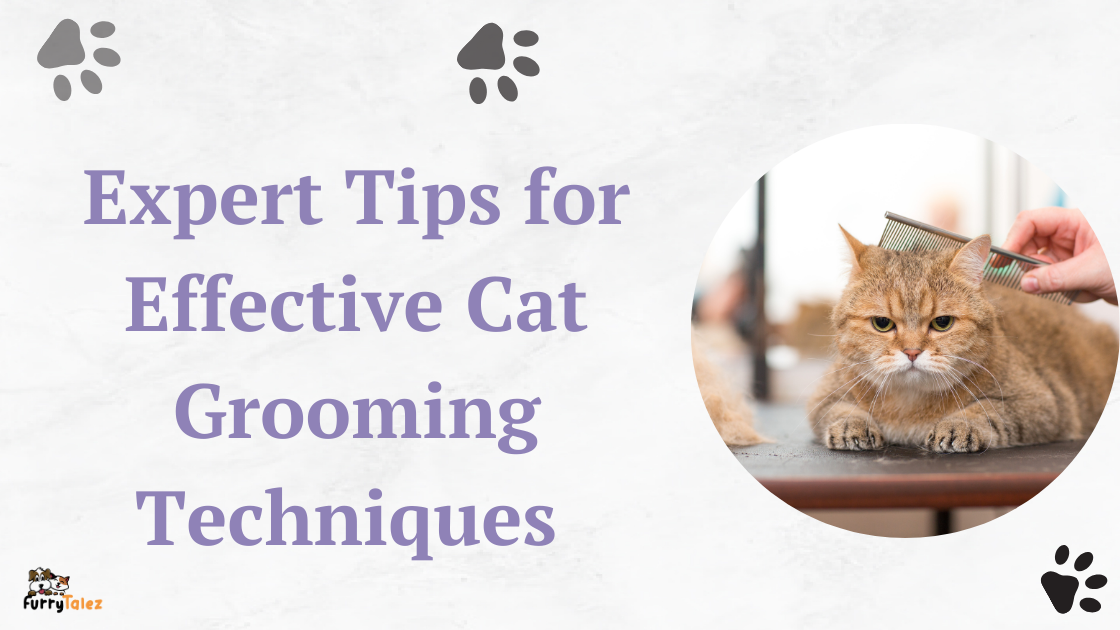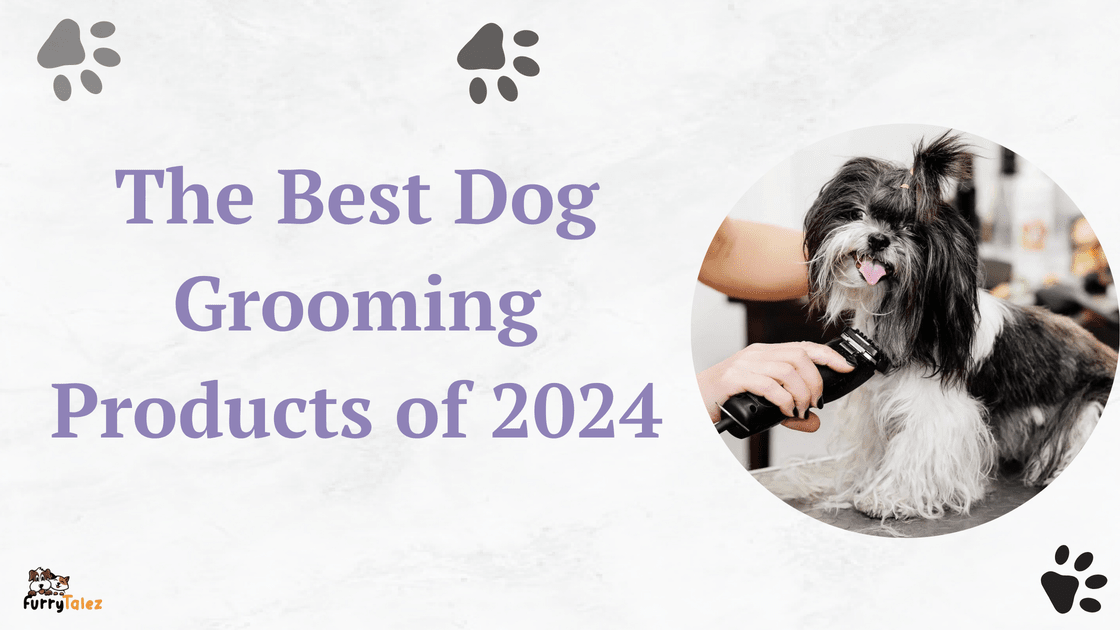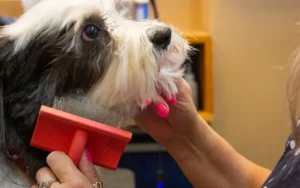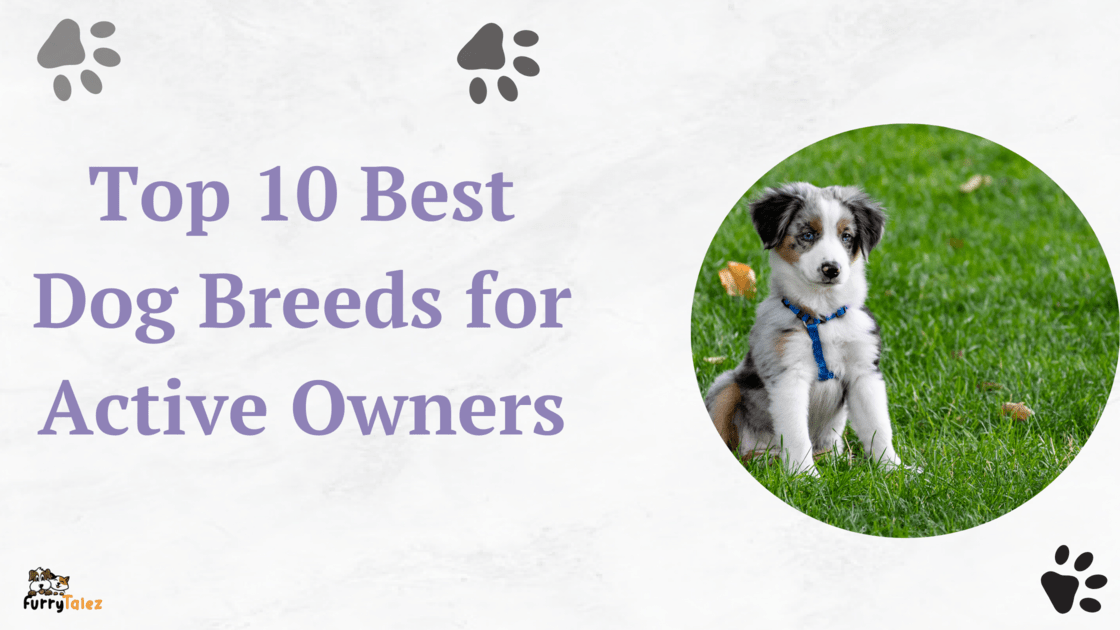As pet owners, we all want the best for our furry companions, and that starts with their diet. When it comes to keeping our beloved pets healthy and happy, nutrition plays a crucial role.
Table of Contents
Overview
As pet or dog owners, ensuring the health and well-being of our furry companions is paramount. When it comes to choosing the best food for your canine companion, it can be overwhelming with so many options available on the market. One of the most significant factors influencing their health is the food they consume daily. Dog food comes in various forms and brands, each claiming to offer the best nutrition for your dog. However, not all ingredients and dog foods are created equal, and some contain ingredients that could be harmful or unnecessary to your dog’s health and diet. Understanding what ingredients to avoid in dog food can help you make informed choices and safeguard your dog’s health. At Furry Talez, we believe that understanding these ingredients can help you make better choices for your dog’s diet. In this blog post, we will delve into and explore 7 common ingredients that are best avoided when selecting dog food, ensuring your Furry Talez companion stays happy and healthy.
7 Common Ingredients to Avoid in Dog Food
Why Ingredient Quality Matters in Dog Food?

Before delving into specific ingredients, it’s crucial to understand why ingredient quality matters in dog food. Just like humans, dogs require a balanced diet to thrive. The nutritional content of their food directly impacts their overall health, longevity, and energy levels.
High-quality ingredients provide essential nutrients that support immune function, maintain healthy coats, and promote overall vitality. Conversely, low-quality ingredients can lead to nutritional deficiencies, digestive issues, allergies, and even long-term health problems.
When choosing dog food, look for brands that prioritize whole, natural ingredients and avoid those that rely heavily on fillers, by-products, and artificial additives.
Let’s explore seven ingredients commonly found in dog food that you should steer clear of:
Meat By-Products: Meat by-products are another ingredient to watch out for in dog food. Meat by-products are low-cost animal parts that are not suitable for human consumption, such as organs, bones, blood, feet, and undeveloped eggs.

While some by-products can provide nutritional benefits, their quality can vary greatly, they are a source of protein, they often lack the quality and nutritional completeness of whole meats. By-products can also vary widely in terms of quality and may include parts that are less digestible or contain higher levels of contaminants.
At Furry Talez, we recommend choosing dog foods that list specific meat sources like chicken meal, beef meal, lamb meal as the primary ingredients rather than vague terms like “meat by-products” or “meat meal” or “animal by-products.”
Corn, Wheat, Soy and Gluten: Corn, wheat, soy and gluten are common allergens for dogs and are frequently used as cheap or inexpensive fillers in commercial dog foods. Dogs are carnivores by nature, and their digestive systems are not well-equipped to handle large amounts of grains.

While they provide energy, these ingredients are not only nutritionally inferior but can also cause allergic reactions in some dogs and may develop allergies or intolerances to these grains, leading to skin issues, digestive upset, or chronic inflammation and can be difficult for dogs to digest.
At Furry Talez we opt for dog foods that use whole grains like brown rice or those that are grain-free and rely on alternative carbohydrate sources such as sweet potatoes or peas. When selecting dog food, Furry Talez looks for high-quality protein sources like chicken, beef, or fish as the primary ingredients.
Artificial Preservatives: Artificial preservatives, such as BHA (butylated hydroxyanisole), BHT (butylated hydroxytoluene), and ethoxyquin, are often used to extend the shelf life of dog food. While they may help keep the food fresh, they can have detrimental effects at preventing spoilage, these preservatives have been linked to health concerns in both humans and dogs and pets.
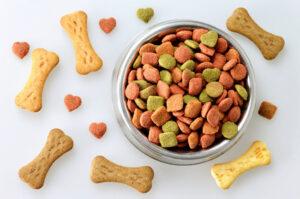
Studies have linked these chemicals to various health issues, including cancer, liver and kidney damage, and allergic reactions. BHA (butylated hydroxyanisole) and BHT (butylated hydroxytoluene) are known to potentially cause cancer and have been banned or restricted in human food in several countries. Ethoxyquin, although approved for use in pet food, has raised concerns about its safety over long-term consumption.
At Furry Talez, we opt for dog foods with natural preservatives and alternatives like vitamin E (mixed tocopherols) or vitamin C can be a healthier choice for your dog and your furry friend.
Added Sugars: Added sugars, such as corn syrup or sucrose, are sometimes used in dog food to enhance flavor and palatability. High fructose corn syrup (HFCS) is a sweetener that is often added to dog food to enhance flavor.
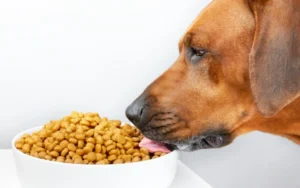
However, dogs do not require added sugars in their diet, and it offers no nutritional benefits and excessive consumption can contribute to obesity, diabetes, and dental problems, and fluctuations in blood sugar levels in dogs. Excessive sugar intake can also lead to behavioral issues, such as hyperactivity.
At Furry Talez, we look and choose dog foods that do not include added sugars and are free from added sugars and focus on providing balanced nutrition through natural, wholesome ingredients.
Artificial Colors and Flavors: Many commercial dog foods contain artificial colors and flavors and are often added to dog food to enhance palatability and to make the food more appealing to pets and dogs and their owners.
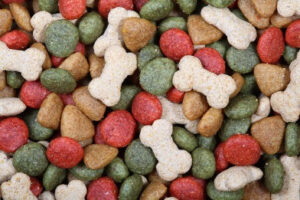
However, these additives provide no nutritional value and can potentially cause or trigger allergic reactions or sensitivities and behavioral issues in dogs. Artificial colors such as Red 40, Blue 2, and Yellow 5 have been associated with hyperactivity and hypersensitivity in some dogs. Natural flavors derived from real ingredients are a safer and healthier alternative. Similarly, the color of your dog’s food does not affect its nutritional quality; hence, avoiding artificial colors ensures your dog isn’t exposed to unnecessary chemicals.
Choosing dog food from brands like Furry Talez, which avoid artificial additives, ensures your pet and dog consumes a more natural diet.
Note: There might be affiliate links mentioned here. We may receive a commission if you purchase a product through an affiliate link. There is no additional charge for you. Please do your own research before making any online
Synthetic Vitamins and Minerals: While vitamins and minerals are essential for your dog’s health, synthetic versions are not always the best option.
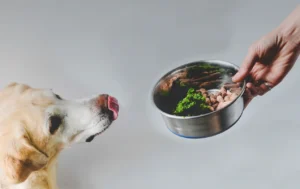
Synthetic vitamins and minerals are often used in dog food to meet nutritional requirements, but they can be harder for your dog to absorb and utilize compared to natural sources. Some synthetic additives can also cause adverse reactions in sensitive dogs.
At Furry Talez, we advocate for dog foods that use natural sources of vitamins and minerals, such as fruits and vegetables, to provide balanced nutrition.
Rendered Fat: Rendered fat is a common ingredient in dog food, derived from the by-products of meat processing. While fat is essential for dogs to maintain healthy skin and coat, rendered fat can be problematic due to its uncertain quality and potential for contamination.

It may contain a mixture of fats from different sources, including restaurant grease, which can be rancid or contain harmful additives.
At Furry Talez, we look for dog foods that specify named fat sources like chicken fat, salmon oil to ensure quality and avoid potential health risks.
Bottom Line
Selecting the right dog food is crucial for the health and well-being of your furry friend and involves carefully examining the ingredients listed on the packaging. Avoiding artificial preservatives, flavors, colors, and low-quality fillers such as corn, wheat, and soy can help minimize the risk of allergies and digestive issues in your dog. By avoiding these common harmful ingredients, you can ensure that your dog receives the best possible nutrition. Instead, prioritize dog foods that feature whole, natural ingredients with named protein sources and healthy fats. Consulting with your veterinarian can also provide valuable insights into your dog’s specific nutritional needs based on their age, breed, and health status. Brands like Furry Talez are committed to providing high-quality, natural dog food that supports your pet’s health and happiness. Always read the ingredient labels carefully and choose products that prioritize whole, natural ingredients over artificial additives and fillers. By being mindful of what goes into your dog’s food bowl, you can contribute to their overall health and happiness. Remember, your dog’s diet plays a significant role in their overall health, longevity, and quality of life and the choices you make today about their diet can have a lasting impact on their well-being in the years to come. Making informed decisions about what you feed them can lead to a happier, healthier companion. Treat your Furry Talez companion with the care they deserve by providing them with nutritious, high-quality dog food that meets their dietary requirements and supports their active lifestyle. By keeping these tips in mind and being vigilant about the ingredients in your dog’s food, you can help ensure a long, healthy life for your beloved pet. Visit Furry Talez for more information and to explore our range of high-quality dog food products tailored to meet your dog’s unique nutritional needs. At Furry Talez, we are here to support you in making those choices, offering premium dog food options that you can trust. Your dog will thank you with endless tail wags and years of companionship filled with vitality and joy.

















